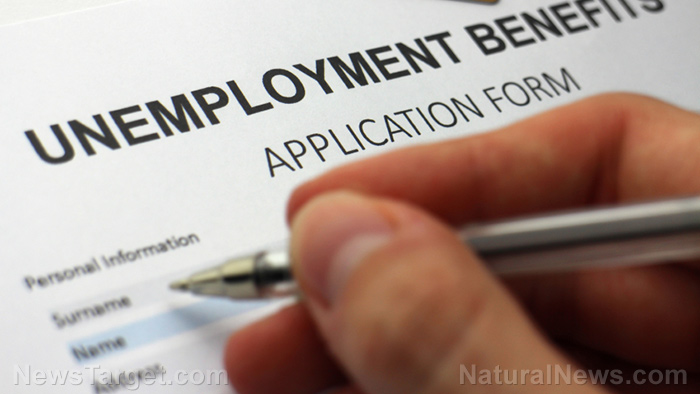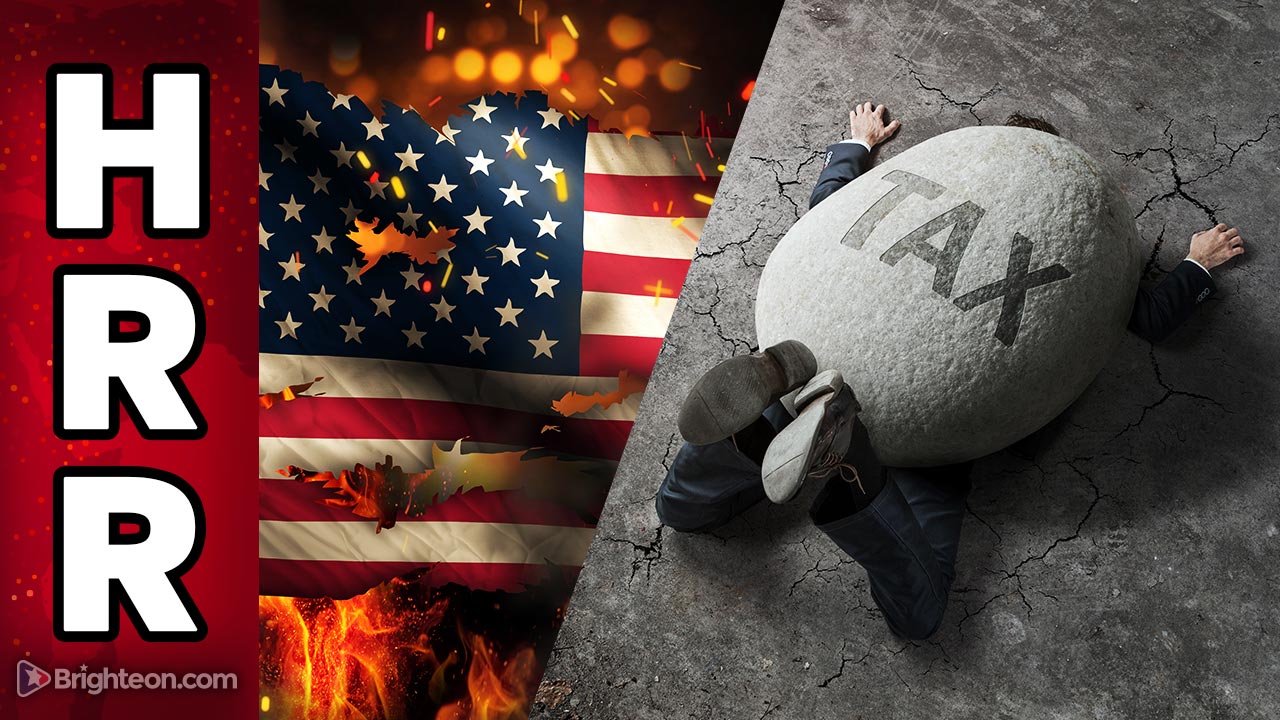 Parler
Parler Gab
Gab
Fed interest rate hikes weakening the economy and the labor market
The Federal Reserve recently announced a 75 basis-point (0.75 percent) rate hike on Wednesday, July 27, which pushed the Fed's interest rate between 2.25 percent and 2.5 percent. This is the fastest tightening of the central bank's monetary policy since the 1980s. Higher interest rates will no doubt lead to a weakening of the economy, which will have reverberating effects on the labor market. A lot of companies in many industries, notably the tech industry and the housing sector, are announcing hiring freezes and job cuts, further proving the volatility in the labor market and the possibility of America entering a recession. Fed Chair Jerome Powell rejected the claim that the United States is either entering or already in a recession. He said the low unemployment rate, rising wage growth and job gains prove this. "It doesn't make sense that the U.S. would be in a recession," he said. But recent data shows that America's GDP fell by 0.9 percent in the second quarter of the year. This followed a 1.6 percent decline during the first quarter. Many economists note that two consecutive quarters of GDP decline is a sign of recession. Economist Mohamed El-Erian, the former chairman of the Global Development Council under former President Barack Obama and the president of Queen's College, Cambridge, said that the latest GDP report indicates that the economy is "weakening at a much faster rate than most people expected." But the White House has pushed back against this claim, with National Economic Council advisor Brian Deese claiming that two negative quarters of GDP growth is "not the technical definition of recession." Learn more about the labor market and the state of the American economy at MarketCrash.news. Watch this clip from InfoWars as Robert Barnes and George Gammon talk about the true dangers of inflation and the Federal Reserve printing money. This video is from the InfoWars channel on Brighteon.com.More related articles:
Joe Biden has presided over more inflation in his 18 months in office than any other elected president in history. Record number of Americans having difficulties covering household expenses as inflation crisis continues. American workers have lost $3,400 in yearly income due to unrelenting inflation. Jobless claims surge to highest level in 6 months as employers cut jobs due to weakening economy. Nearly two-thirds of Americans are now living paycheck to paycheck amid inflation crisis. Sources include: TheEpochTimes.com Bloomberg.com Brighteon.comInflation “Reduction” bill to unleash TAX TERRORISM upon the American people
By Mike Adams // Share
Paul Krugman was wrong and the alt-media was right: current inflation isn’t transitory
By Ethan Huff // Share
Governments continue to obscure COVID-19 vaccine data amid rising concerns over excess deaths
By patricklewis // Share
Tech giant Microsoft backs EXTINCTION with its support of carbon capture programs
By ramontomeydw // Share
Germany to resume arms exports to Israel despite repeated ceasefire violations
By isabelle // Share










